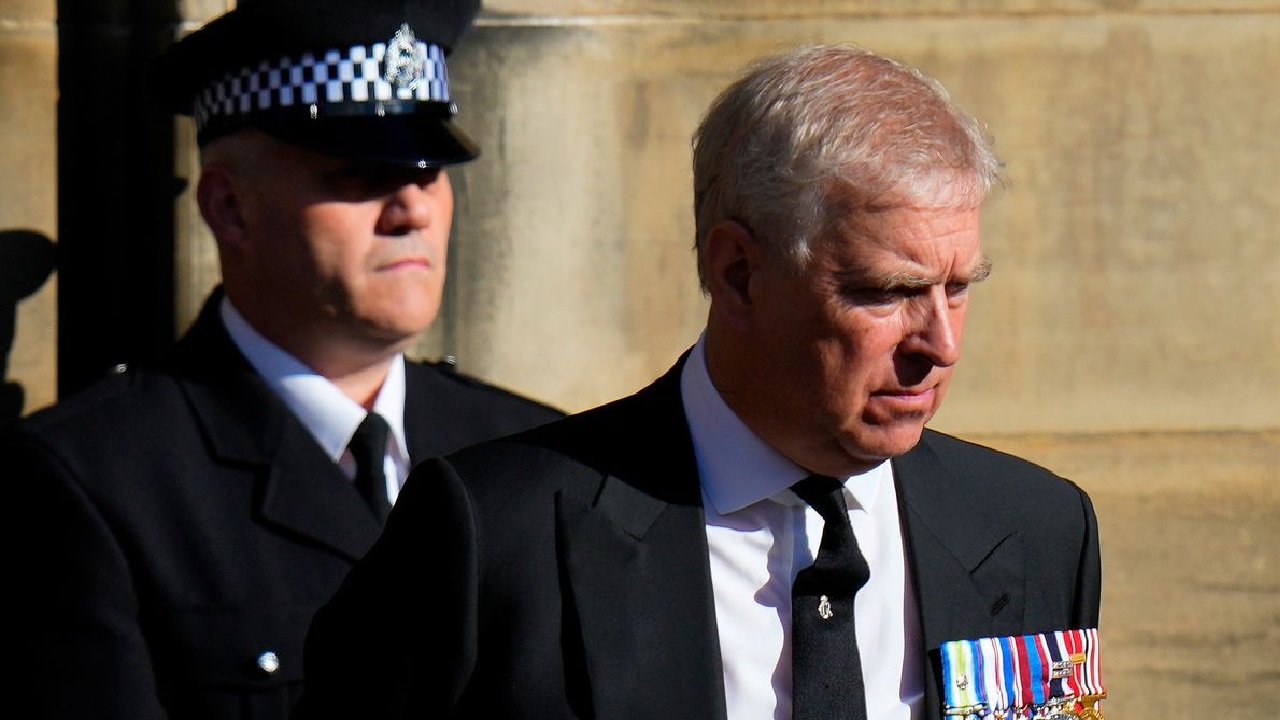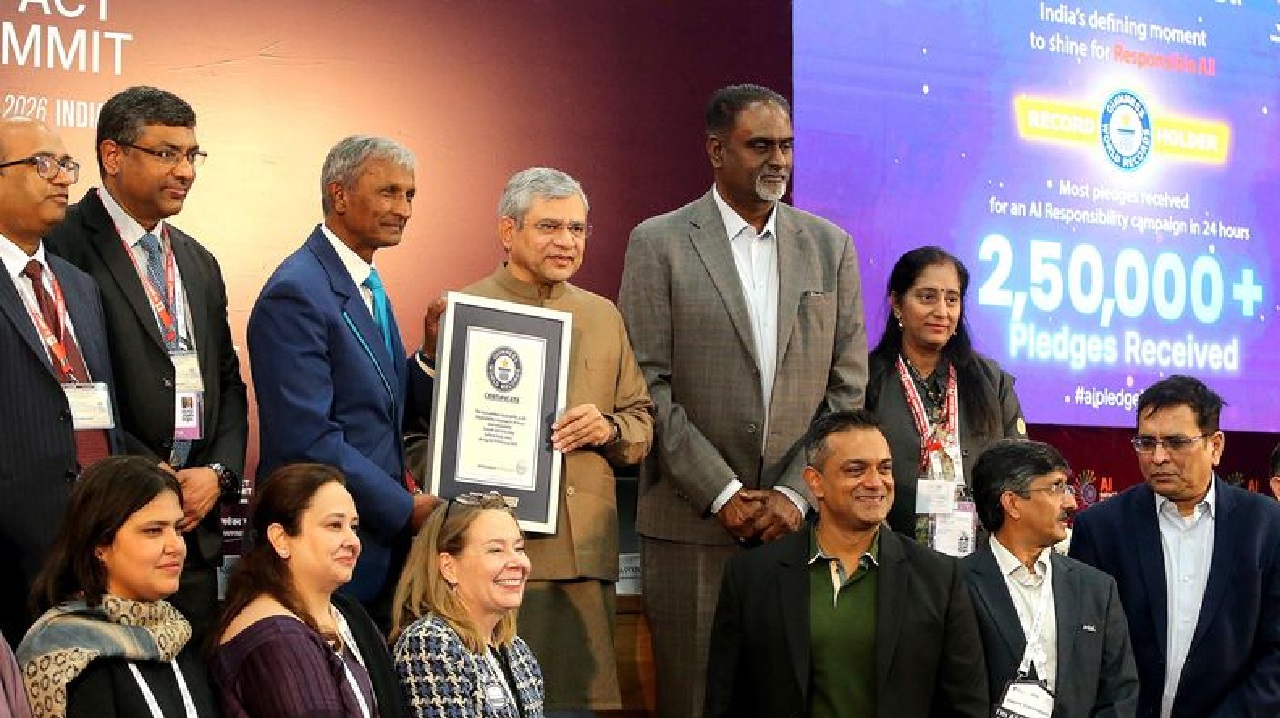A Conflict Reignited with Global Reverberations
The simmering tensions between Israel and Iran have exploded into a full-scale regional crisis, now pulling in the United States as an active participant. Following an unprecedented U.S. strike on Iran’s nuclear infrastructure, Israel launched a direct military assault on Iranian military targets, sparking retaliatory missile strikes and setting off alarm bells in world capitals. With the Strait of Hormuz under threat, the global economy teeters, and world powers scramble to contain the fallout of a conflict that threatens to engulf the entire Middle East—and beyond.
Israeli Strikes Deep Inside Iran
In a dramatic escalation, the Israel Defense Forces (IDF) confirmed it carried out airstrikes against military targets in western Iran, including missile launchers allegedly prepared to attack Israeli territory. This marks the first direct Israeli strike on Iranian soil following U.S. airstrikes on Iranian nuclear facilities. Among the targets was the Parchin military complex, a site with historical links to Iran’s ballistic missile program.
The Israeli Air Force emphasized that the strikes were defensive in nature, aimed at pre-empting imminent attacks. Iran responded by firing a missile at Israel, which was intercepted by the Iron Dome defense system. The tit-for-tat dynamic signals a dangerous new phase in the long-standing hostilities between the two nations.
American Involvement and Iranian Fury
The American role in igniting this confrontation cannot be overstated. U.S. airstrikes on Iranian nuclear facilities, reportedly carried out in response to intelligence suggesting a covert weapons program, triggered a cascade of military actions. Iran’s top military commander, Amir Hatami, warned that the U.S. would face a “decisive response,” referencing historical reprisals against American actions in the region.
Compounding matters, Iranian officials claimed that ahead of the U.S. attack, they had strategically moved approximately 400 kilograms of uranium enriched to 60% purity—just below weapons-grade—out of targeted sites. This maneuver indicates both foresight and a high-stakes game of brinkmanship.
Strait of Hormuz: A Global Economic Pressure Point
One of the gravest concerns now facing the world is Iran’s potential closure of the Strait of Hormuz, a vital oil artery that handles about 20% of global crude consumption. China, the world’s largest oil importer and a key ally of Tehran, stands to lose most if the waterway is blocked.
U.S. Secretary of State Marco Rubio appealed directly to Beijing, urging it to restrain Iran from taking such an action, warning that closure would “damage the global economy more than the US economy.” However, Iran’s domestic pressure to retaliate remains high, and the threat to the strait remains a potent card in Tehran’s hand.
Global Responses and Geopolitical Realignments
The international community has responded with a mix of condemnation, support, and urgent calls for de-escalation:
· China condemned the U.S. strikes and urged an immediate ceasefire, warning against further destabilization.
· Russia and Pakistan joined China in calling for a ceasefire through a United Nations Security Council resolution.
· France has begun evacuating citizens from Israel, highlighting the perceived risk of a full-blown regional war.
· North Korea accused the U.S. of violating Iran’s sovereignty, aligning rhetorically with Tehran.
· Japan and Australia, while urging calm, supported the U.S. stance on preventing Iran from acquiring nuclear weapons, citing Tehran’s enriched uranium as unjustifiable for civilian purposes.
Despite the outcry, geopolitical analysts argue that Iran is unlikely to receive substantive support, even from Gulf Arab nations, due to its long history of regional antagonism.
Domestic Fallout and Political Reactions
The international crisis has spilled into domestic politics in several countries. In India, the opposition Indian National Congress (INC) criticized the Modi government for remaining silent on both U.S. and Israeli actions, as well as the situation in Gaza, branding it moral complicity. Meanwhile, U.S. President Donald Trump has come under fire for allegedly undermining diplomatic channels while authorizing direct military action.
A Conflict Without Clear Exit Paths
The conflict appears to be entering a dangerous phase of open-ended escalation. Israel’s offensive posture, Iran’s vow of retribution, and America’s direct military involvement suggest that de-escalation will be difficult without external mediation. However, with global trust eroded and diplomatic lines strained, it is unclear who might credibly broker peace.
At the same time, domestic political pressures within Iran to respond forcefully, combined with Israeli security imperatives, create a feedback loop of military action. The possibility of cyberattacks, proxy warfare involving Hezbollah or other militias, and even naval skirmishes in the Persian Gulf cannot be ruled out.
A Fragile World Watches with Bated Breath
The eruption of direct conflict between Israel and Iran—now joined by the United States—has pushed the Middle East into one of its most precarious periods in recent history. With the Strait of Hormuz threatened, the global oil supply imperiled, and the specter of nuclear escalation looming, this is no longer a regional affair. It is a global crisis.
Despite widespread calls for de-escalation, the actors involved are entrenched in positions that prioritize deterrence over diplomacy. As countries like France evacuate citizens and global oil markets react nervously, the need for level-headed leadership and urgent diplomatic intervention has never been more critical. Without it, the world risks sliding into a wider war with devastating human and economic consequences.
(With agency inputs)








